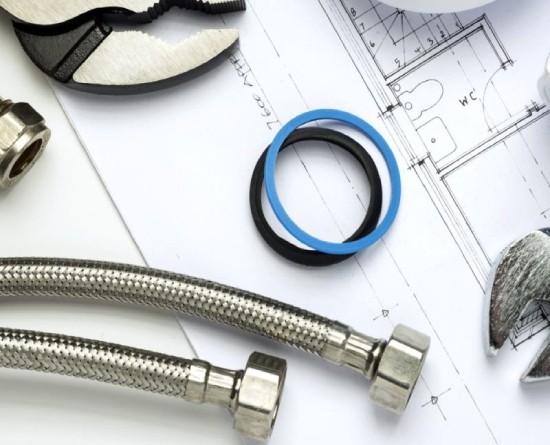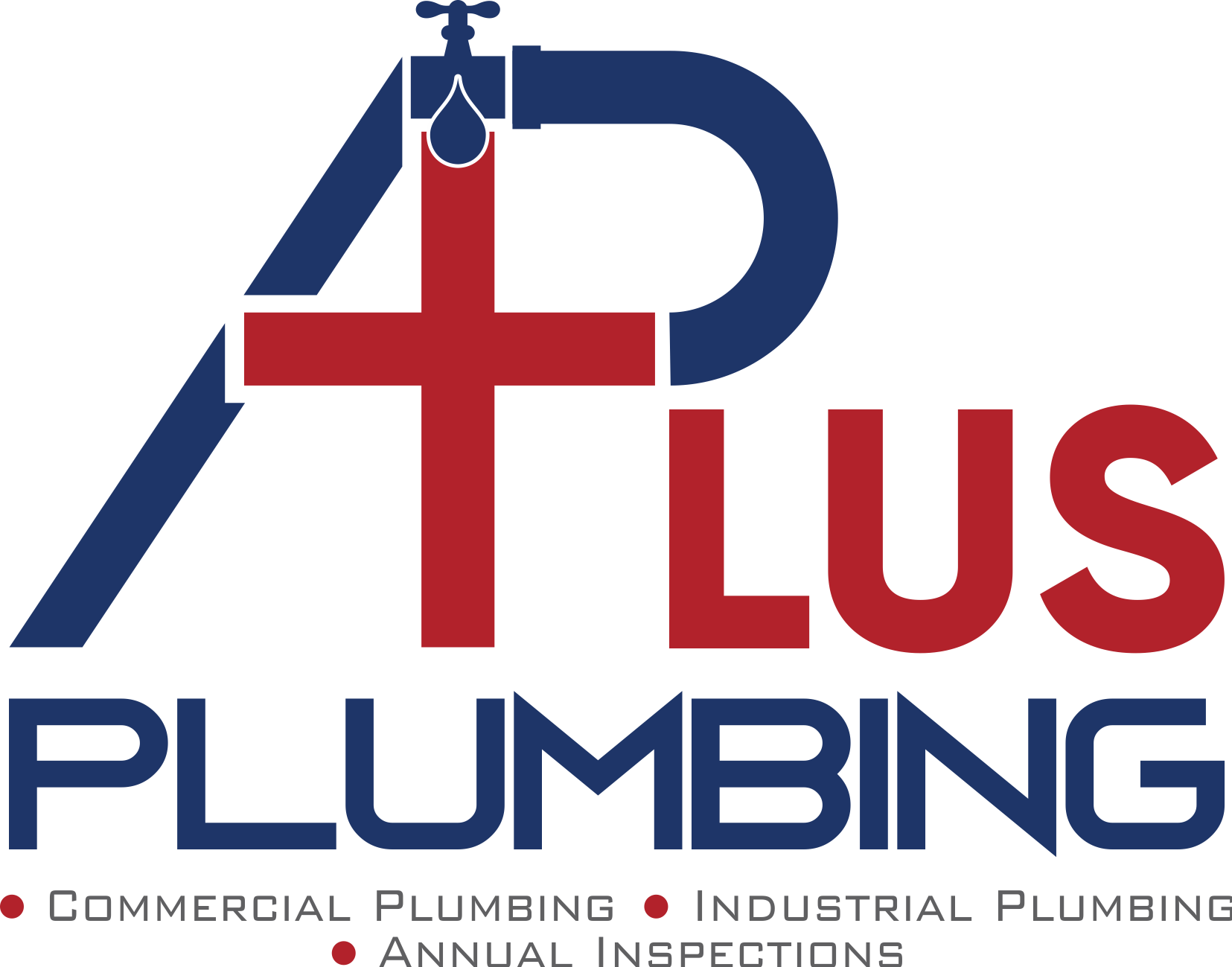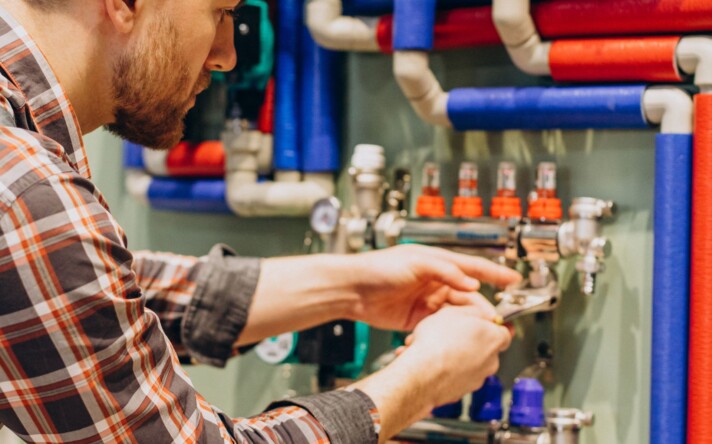Managing a property in New York City comes with its unique set of challenges, especially when it comes to plumbing. With a dense population and older buildings, NYC property managers must proactively handle plumbing maintenance to avoid disruptions and expensive repairs. Here are essential preventive maintenance tips that can help keep plumbing systems in optimal condition and mitigate potential issues.
Importance of Preventive Plumbing Maintenance
Preventive maintenance involves regular inspections and immediate repairs of the plumbing systems within a property. This proactive approach helps identify potential problems before they escalate into major issues that can cause inconvenience to tenants and require costly fixes. By maintaining plumbing systems, property managers can ensure the longevity of the infrastructure and minimize the likelihood of emergencies.
Key Strategies for Effective Plumbing Maintenance
Regular Inspections
Conduct routine plumbing inspections to catch issues like leaks, rust, and wear and tear early on. Schedule inspections at least twice a year and include checks on all visible pipes, plumbing fixtures, water heaters, and drainage systems. It’s also essential to inspect the building’s foundation and exterior for signs of water damage.
Cleaning Drains and Pipes
Ensure that all drains and pipes are regularly cleaned to prevent clogs and backups. Use professional-grade tools to clean major lines, and encourage tenants to keep the sink and shower drains clear. Consider the occasional use of environmentally friendly cleaners to maintain pipe health without causing damage.
Maintaining Water Pressure
Incorrect water pressure can cause undue stress on plumbing systems, leading to leaks or burst pipes. Regularly monitor the water pressure and adjust it if it exceeds recommended levels. Installing pressure regulators can maintain consistent and safe water pressure throughout the property.
Upgrading Aging Systems
Old plumbing systems can be prone to failures and are less efficient. Upgrading old pipes and fixtures can prevent problems associated with wear and tear and improve the overall water efficiency of the property. Retrofitting older systems with modern, energy-efficient solutions can also reduce water and heating costs.
Emergency Preparedness
Develop a comprehensive emergency response plan for plumbing disasters. This should include steps for quickly shutting off water to prevent flooding, a list of emergency contacts, including a reliable plumbing service, and instructions for tenants on what to do in case of a plumbing emergency.
Utilizing Technology
Leverage technology to streamline plumbing maintenance tasks. Use property management software to track maintenance schedules, document repairs, and communicate with tenants and service providers. Advanced systems can also monitor water usage and detect leaks using smart sensors.
Preventive Measures in Detail
- Insulation of Pipes: To prevent freezing and bursting in colder months, insulate all exposed pipes. This is especially important in unheated areas of a property, such as basements and garages.
- Water Heater Maintenance: Regularly drain and remove sediment from water heaters to ensure efficiency and extend their lifespan. Check the anode rod at least once a year to prevent rust and corrosion.
- Leak Detection: Install leak detection systems that can alert you to moisture in areas that should be dry. Early detection of leaks can save significant repair costs and potential water damage.
- Educating Tenants: Provide tenants with information on how to care for their plumbing fixtures and what to avoid flushing down the toilets. Educated tenants can help prevent many common issues such as clogs and accidental damage.
Benefits of Preventive Plumbing Maintenance
Implementing a robust preventive maintenance program for plumbing offers multiple benefits:
- Cost Savings: Regular maintenance reduces the need for expensive emergency repairs and extends the life of plumbing components.
- Improved Safety: Well-maintained plumbing reduces risks associated with water damage and mould growth, contributing to a safer living environment.
- Tenant Satisfaction: Efficient systems and quick responses to issues improve tenant satisfaction and retention, as they experience fewer inconveniences.
- Enhanced Property Value: Properties with well-maintained plumbing systems are more attractive to prospective tenants and buyers, enhancing their market value.

Implementing Best Practices for Property Management
To further enhance the reliability and efficiency of plumbing systems in NYC properties, property managers can adopt several additional best practices. These strategies focus on both preventative measures and responsive approaches to ensure that plumbing systems remain in top condition, providing a comfortable and safe environment for tenants.
Seasonal Preparations
Given the varying weather conditions in New York City, preparing plumbing systems for seasonal changes is crucial:
- Winterization: To avoid the freezing of pipes during winter, it is essential to insulate pipes, especially those that are exposed or in unheated areas of the property. Additionally, ensure that the heating system is checked and fully operational before the onset of cold weather to maintain a constant temperature that prevents freezing.
- Summer Maintenance: During warmer months, check for signs of overuse or strain on plumbing systems, such as increased water usage for cooling systems and outdoor faucets. Ensure that all systems are functioning efficiently and that there are no leaks or pressure problems that could escalate.
Sustainable Plumbing
Incorporating green plumbing practices can significantly reduce water usage and lower the property’s environmental footprint, which is increasingly important to today’s eco-conscious tenants:
- Low-Flow Fixtures: Install low-flow toilets, showerheads, and faucets to reduce water consumption. These fixtures can significantly cut down on overall water usage without sacrificing performance.
- Eco-Friendly Appliances: Encourage the use of energy-efficient dishwashers and washing machines which use less water and energy, further promoting sustainability within the property.
Advanced Leak Detection
Utilize advanced technologies for leak detection to monitor water usage and identify leaks before they become severe:
- Smart Water Sensors: Install sensors that can detect moisture levels and unusual water flow in real time. These devices can send immediate alerts to property managers, allowing for swift action to mitigate potential damage.
- Regular Ultrasonic Tests: Employ ultrasonic leak detection, which uses sound waves to detect leaks hidden behind walls or under floors, ensuring that all parts of the plumbing system are intact and leak-free.
Training and Education
Providing training for maintenance staff and educating tenants about the plumbing system plays a pivotal role in its upkeep:
- Staff Training: Conduct regular training sessions for maintenance teams on the latest plumbing techniques and emergency response procedures. Well-informed staff can handle minor repairs internally without the need for external help, saving time and money.
- Tenant Workshops: Host informational workshops or provide literature on how tenants can contribute to the maintenance of their plumbing fixtures and what to do in case of a plumbing emergency. Educated tenants are invaluable allies in maintaining the integrity of plumbing systems.
Our Services
What Can We Help You With Today?
Select the day and time for Your service and get instant, affordable pricing. Annual inspection……
annual check and test conducted to ensure that your boiler….
Anyone who owns a home understands that plumbing issues can never be foreseen 100%…
Regular Upgrades and Replacements
Keep the plumbing system up to date with regular upgrades and timely replacements of old and worn-out parts:
- Periodic Replacement Schedule: Establish a replacement schedule for critical components of the plumbing system, such as pipes, joints, and seals. This proactive approach prevents unexpected failures and ensures the system operates at peak efficiency.
- Modernization Efforts: Continually assess the need for upgrades to modern plumbing technologies that offer better performance and reliability. Upgrading to more advanced systems can provide long-term benefits, including reduced maintenance costs and improved tenant satisfaction.
Conclusion
For NYC property managers, the adoption of these comprehensive preventive maintenance strategies is essential for managing efficient, reliable, and safe plumbing systems. Ensuring that all aspects of plumbing maintenance are covered from routine checks and seasonal adjustments to embracing technological advancements can significantly prevent costly repairs and enhance tenant relations. A Plus Plumbing provides the expertise and services needed to implement these practices effectively, making them a valuable partner for any property manager looking to improve their building maintenance operations and tenant satisfaction. Investing in quality plumbing maintenance not only preserves the property’s value but also ensures a secure and pleasant living environment for all residents.




